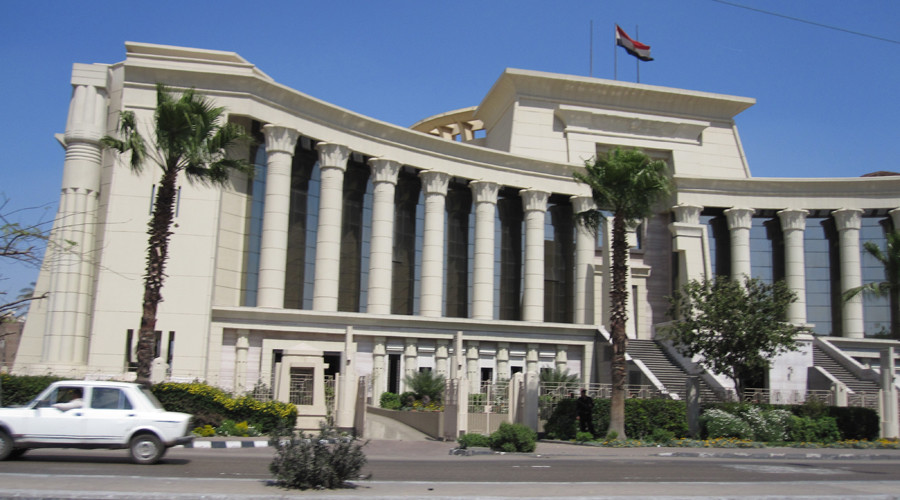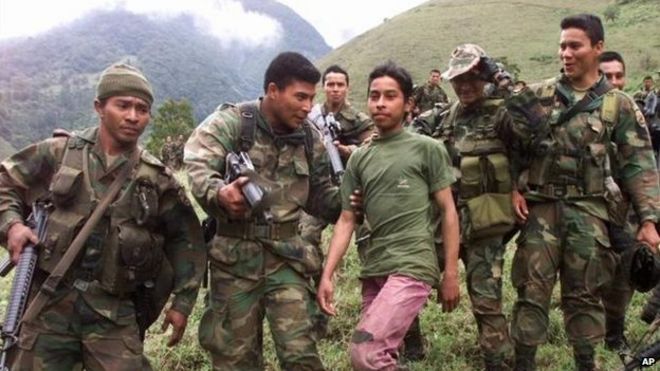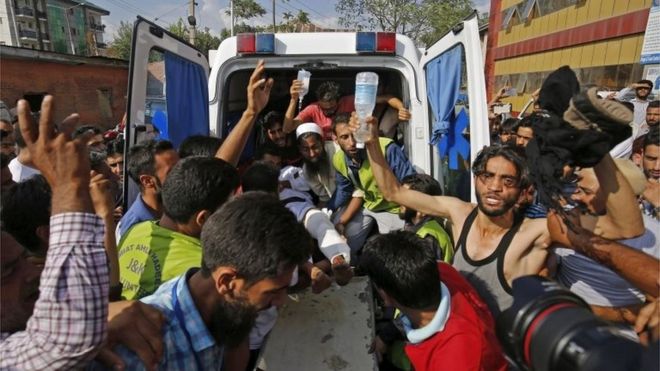by Yesim Usluca
Impunity Watch Reporter, Middle East
CAIRO, Egypt — An Egyptian court ruled on Thursday, September 8th that an Egyptian citizen who is married to an Israeli woman must be stripped of his citizenship.

Ms. Shaimaa Amin had filed a lawsuit demanding that her brother, who had been living in the United Kingdom for twelve years, be stripped of his Egyptian citizenship on the grounds that he is married to an Israeli woman. Ms. Amin claimed that her brother’s political, religious and social views do not “suit Egyptian society,” and that his marriage constitutes a “threat to Egypt’s national security.”
The Court decided that marriages between Egyptians and Israelis constitute a risk to national security. It further held that this is a serious offense which is a sufficient basis for an individual to lose citizenship. It referenced Article 62 of the Egyptian constitution, which grants personal freedoms, including marriage. The Court stated that despite this Article, citizens are not entitled to freedom from all restrictions or the responsibility to “protect society and the state.” It declared that the defendant should have “worked hard to make his wife and son give up their Israeli nationality and come to live in Egypt.” The defendant, Ms. Amin’s brother, defended his decision to marry an Israeli woman. He stated that, unlike the Arab states, Israel was a defender of human rights that was contributing to fighting terrorism.
Ms. Amin’s lawsuit and the Court’s subsequent holding was in line with, and based on, a June 2010 ruling by the Egyptian Supreme Administrative Court, which ordered the Interior Ministry to strip citizenship from Egyptians married to Israeli women. This holding stated that the Interior Ministry must present each case to the Cabinet, which will then make an individualized decision on stripping citizenship based on whether the man married an “Israeli Arab or Jew.” In 2015, the Egyptian Supreme Administrative Court issued a further ruling based on Egyptian Nationality Law, which mandated the Cabinet and Interior Ministry to strip Egyptian nationality from citizens married to Israelis. Per Article 16 of this Law, the Egyptian government can strip citizens of their nationality to protect Egypt’s national security.
For more information, please see:
The Jerusalem Post — Egypt restricts marriage to Israelis — 6 June 2010


![Slobodan Milosevic is no hero Former Yugoslav President Slobodan Milosevic appears at the war crimes tribunal in The Hague in July 5, 2004 [Getty]](http://www.aljazeera.com/mritems/imagecache/mbdxxlarge/mritems/Images/2016/8/23/68685197203d4f57b32f4539e593e952_18.jpg)




